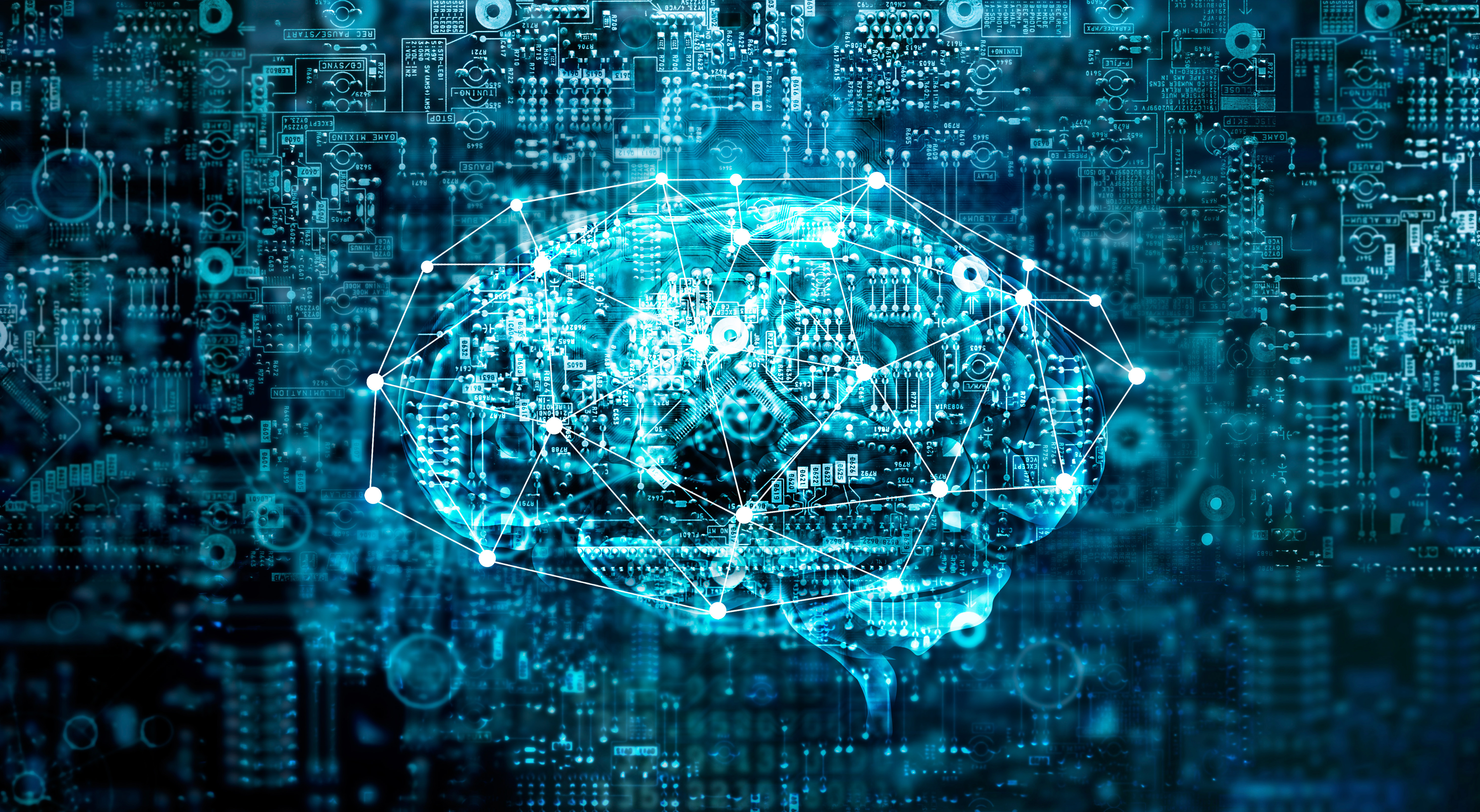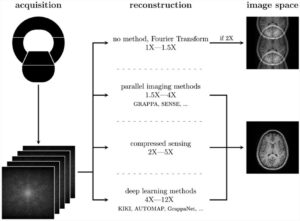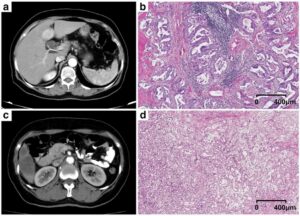The first meeting of the European Society of Radiology (ESR) dedicated to Artificial Intelligence (AI) gathered a large panel of delegates from different counties and backgrounds, yet they all had one thing in common: during their education, they all used old books and didactical procedures, which, in most cases, are out-dated.
AI could help boost education in many fields, including radiology, by enabling the tailoring of programmes to students, and not the other way around, according to Jacob Sosna, Chair of the Radiology department and Vice Dean at Hadassah Hebrew University Medical Centre in Jerusalem, Israel.
Personalised education
“If we think about our children, schools haven’t changed that much in the last hundred years: children get up in the morning. They don’t want to get up in the morning. They go to school. They sit in class. They come back. Sometimes they use computers or online resources, but there hasn’t really been a great change in recent years,” Sosna told delegates.
Although formal education will probably never disappear, it relies on the pillar of the “one-size-fits-all”, which means that every child or student must have the same abilities to learn and understand concepts or topics. There is no space either above or below the standard speed to learn. It used to be impossible to adapt the class to each student, as this would have required unlimited resources from the educational entities.
All of that is about to change with AI.
Benefits for both students and teachers
“Thanks to machine learning algorithms, teachers will be able to identify their students’ educational needs and find gaps in their methods, pointing to areas where students are struggling the most,” Josna said.
AI will help teachers and professors act like personal tutors, by providing students with 24/7 support or adapting teaching methods to each student.
AI-powered systems will allow students to learn more effectively, reduce academic failure and encourage talented students, by enabling them to advance further and faster in their education.
With AI, not only will students get more out of their education, but professors will too. “For example, finding new ways to show complex materials to students will ease the teaching labour,” he said.
Boosting the radiologists’ skills
AI can be an asset in order to improve a student’s knowledge, but what about skills and competencies? AI also has things to offer on that front, Sosna explained: “AI can perform tedious tasks, such as grading, in a matter of seconds, with high accuracy and precision. But AI can also increase students’ skills by recreating a multitude of clinical situations and guiding both students and senior professionals through medical procedures by avoiding making mistakes.”
To do this, AI systems have to learn medical procedures and practices. This task is far from being easy because professionals do not really know how AI works. Besides, the medical community does not have access to AI programming tools or AI-developing companies.
“So far, we can teach AI by repeating an activity and letting the system learn what we are doing. We have to ensure that the information introduced in the system is good quality data because if not, we can corrupt the learning algorithm and ruin the system,” he said.
Building the perfect machine will still take time, effort and sometimes, even self-sacrifice. “We had a resident who needed to do a research project. He sat for six months and tagged 30,000 images on the sacroiliac joint to classify sacroiliitis, all the while putting himself at risk of developing this condition. He did so to develop an AI software,” he concluded.













